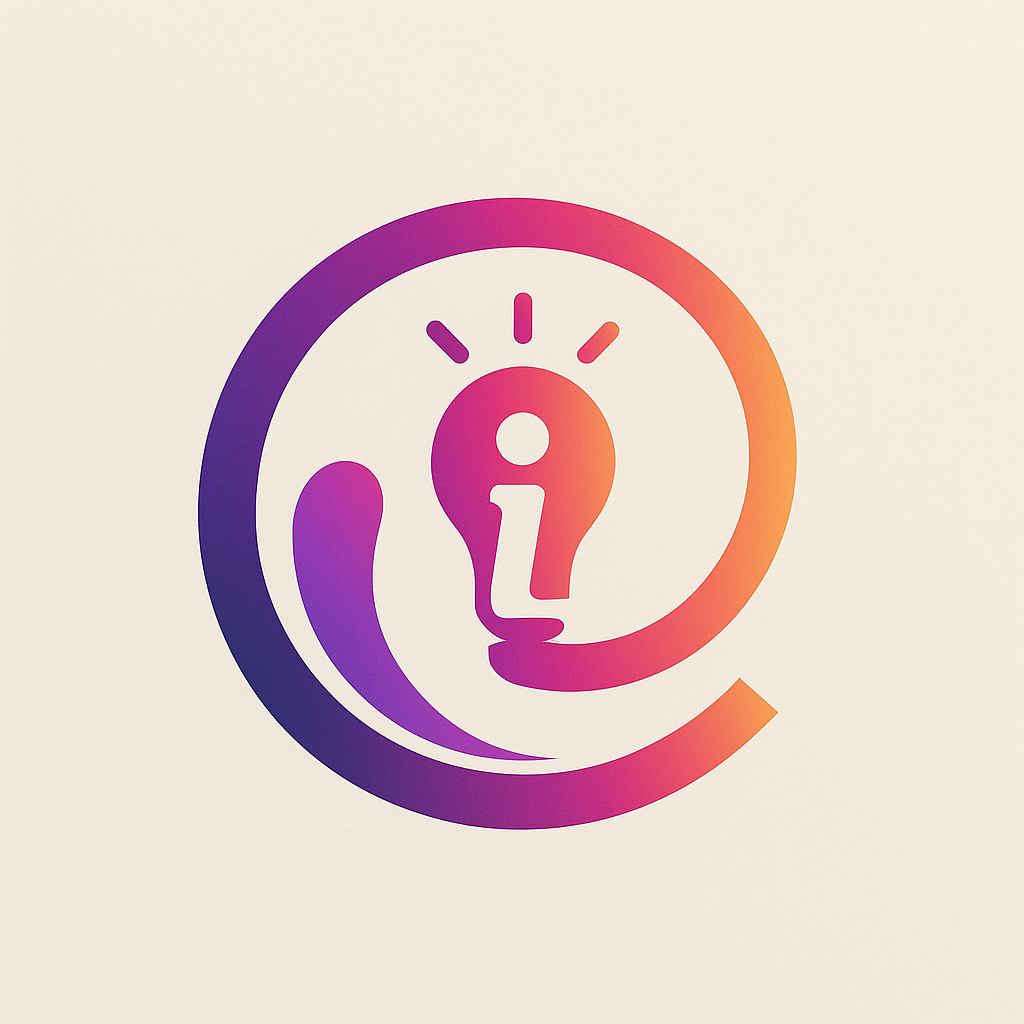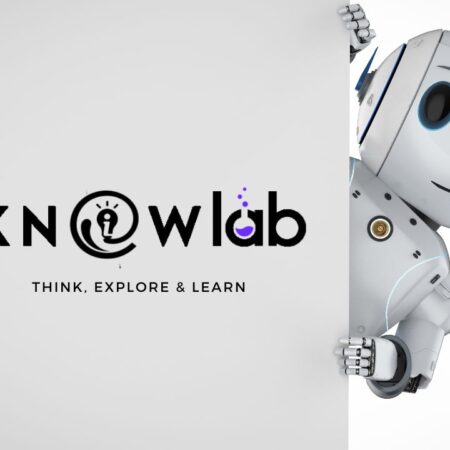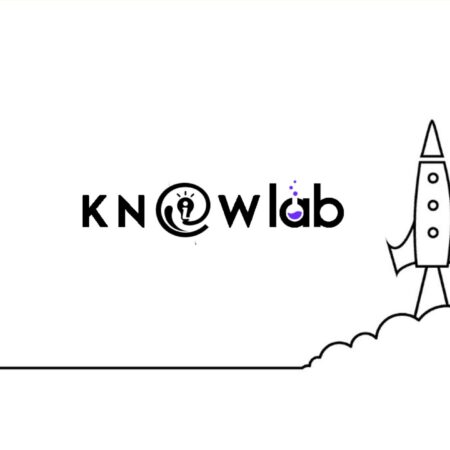 Data is everywhere. The amount of digital data that exists is growing at a rapid rate, doubling every two years, and changing the way we live. An article by Forbes states that data is growing faster than ever before. By the year 2020, about 1.7 megabytes of new information will be created every second for every human being on the planet, which makes it extremely important to know the basics of the field at least. After all, here is where our future lies.
Data is everywhere. The amount of digital data that exists is growing at a rapid rate, doubling every two years, and changing the way we live. An article by Forbes states that data is growing faster than ever before. By the year 2020, about 1.7 megabytes of new information will be created every second for every human being on the planet, which makes it extremely important to know the basics of the field at least. After all, here is where our future lies.
In this article, we will differentiate between the Data Science, Big Data, and Data Analytics, based on what it is, where it is used, the skills you need to become a professional in the field, and the salary prospects in each field.
What is Data Science?
Dealing with unstructured and structured data, Data Science is a field that comprises everything that related to data cleansing, preparation, and analysis.
Data Science is the combination of statistics, mathematics, programming, problem-solving, capturing data in ingenious ways, the ability to look at things differently, and the activity of cleansing, preparing, and aligning the data.
In simple terms, it is the umbrella of techniques used when trying to extract insights and information from data.
Also Read: Top Job Roles in the Field of Data Science
Applications of Data Science
Internet Search
Search engines make use of data science algorithms to deliver the best results for search queries in a fraction of seconds.
Digital Advertisements
The entire digital marketing spectrum uses the data science algorithms – from display banners to digital billboards. This is the mean reason for digital ads getting higher CTR than traditional advertisements.
Recommender Systems
The recommender systems not only make it easy to find relevant products from billions of products available but also adds a lot to user-experience. A lot of companies use this system to promote their products and suggestions in accordance with the user’s demands and relevance of information. The recommendations are based on the user’s previous search results.
Skills Required to Become a Data Scientist
- Education: 88% have a Master’s Degree, and 46% have PhDs
- In-depth knowledge of SAS or R: For Data Science, R is generally preferred.
- Python coding: Python is the most common coding language that is used in data science, along with Java, Perl, C/C++.
- Hadoop platform: Although not always a requirement, knowing the Hadoop platform is still preferred for the field. Having a bit of experience in Hive or Pig is also a huge selling point.
- SQL database/coding: Though NoSQL and Hadoop have become a significant part of the Data Science background, it is still preferred if you can write and execute complex queries in SQL.
- Working with unstructured data: It is essential that a Data Scientist can work with unstructured data, be it on social media, video feeds, or audio.
What is Big Data?
Big Data refers to humongous volumes of data that cannot be processed effectively with the traditional applications that exist. The processing of Big Data begins with the raw data that isn’t aggregated and is most often impossible to store in the memory of a single computer.
A buzzword that is used to describe immense volumes of data, both unstructured and structured, Big Data inundates a business on a day-to-day basis. Big Data is something that can be used to analyze insights that can lead to better decisions and strategic business moves.
The definition of Big Data, given by Gartner, is, “Big data is high-volume, and high-velocity or high-variety information assets that demand cost-effective, innovative forms of information processing that enable enhanced insight, decision making, and process automation.”
Applications of Big Data
Big Data for Financial Services
Credit card companies, retail banks, private wealth management advisories, insurance firms, venture funds, and institutional investment banks use big data for their financial services. The common problem among them all is the massive amounts of multi-structured data living in multiple disparate systems, which can be solved by big data. Thus big data is used in several ways like:
- Customer analytics
- Compliance analytics
- Fraud analytics
- Operational analytics
Big Data in Communications
Gaining new subscribers, retaining customers, and expanding within current subscriber bases are top priorities for telecommunication service providers. The solutions to these challenges lie in the ability to combine and analyze the masses of customer-generated data and machine-generated data that is being created every day.
Big Data for Retail
Brick and Mortar or an online e-tailer, the answer to staying the game and being competitive is understanding the customer better to serve them. This requires the ability to analyze all the disparate data sources that companies deal with every day, including the weblogs, customer transaction data, social media, store-branded credit card data, and loyalty program data.
Skills Required to Become a Big Data Specialist
Analytical skills: The ability to be able to make sense of the piles of data that you get. With analytical skills, you will be able to determine which data is relevant to your solution, more like problem-solving.
Creativity: You need to have the ability to create new methods to gather, interpret, and analyze a data strategy. This is an extremely suitable skill to possess.
Mathematics and statistical skills: Good, old-fashioned “number crunching.” This is extremely necessary, be it in data science, data analytics, or big data.
Computer science: Computers are the workhorses behind every data strategy. Programmers will have a constant need to come up with algorithms to process data into insights.
Business skills: Big Data professionals will need to have an understanding of the business objectives that are in place, as well as the underlying processes that drive the growth of the business as well as its profit.
What is Data Analytics?
Data Analytics the science of examining raw data to conclude that information.
Data Analytics involves applying an algorithmic or mechanical process to derive insights and, for example, running through several data sets to look for meaningful correlations between each other.
It is used in several industries to allow organizations and companies to make better decisions as well as verify and disprove existing theories or models. The focus of Data Analytics lies in inference, which is the process of deriving conclusions that are solely based on what the researcher already knows.
Now, let us move to applications of Data Science, Big Data and Data Analytics.
Applications of Data Analytics
Healthcare
The main challenge for hospitals with cost pressures tightens is to treat as many patients as they can efficiently, keeping in mind the improvement of the quality of care. Instrument and machine data are being used increasingly to track as well as optimize patient flow, treatment, and equipment used in the hospitals. It is estimated that there will be a 1% efficiency gain that could yield more than $63 billion in global healthcare savings.
Travel
Data analytics can optimize the buying experience through mobile/ weblog and social media data analysis. Travel sights can gain insights into the customer’s desires and preferences. Products can be up-sold by correlating the current sales to the subsequent browsing increase browse-to-buy conversions via customized packages and offers. Personalized travel recommendations can also be delivered by data analytics based on social media data.
Gaming
Data Analytics helps in collecting data to optimize and spend within as well as across games. Game companies gain insight into the dislikes, the relationships, and the likes of the users.
Energy Management
Most firms are using data analytics for energy management, including smart-grid management, energy optimization, energy distribution, and building automation in utility companies. The application here is centered on the controlling and monitoring of network devices, dispatch crews, and manage service outages. Utilities are given the ability to integrate millions of data points in the network performance and lets the engineers use the analytics to monitor the network.
Skills Required to Become a Data Analyst
Programming skills: Knowing programming languages are R and Python are extremely important for any data analyst.
Statistical skills and mathematics: Descriptive and inferential statistics and experimental designs are a must for data scientists.
Machine learning skills
Data wrangling skills: The ability to map raw data and convert it into another format that allows for more convenient consumption of the data.
Communication and Data Visualization skills
Data Intuition: it is extremely important for a professional to be able to think like a data analyst.
If you like this article. Take a look at our Subscribe page.



